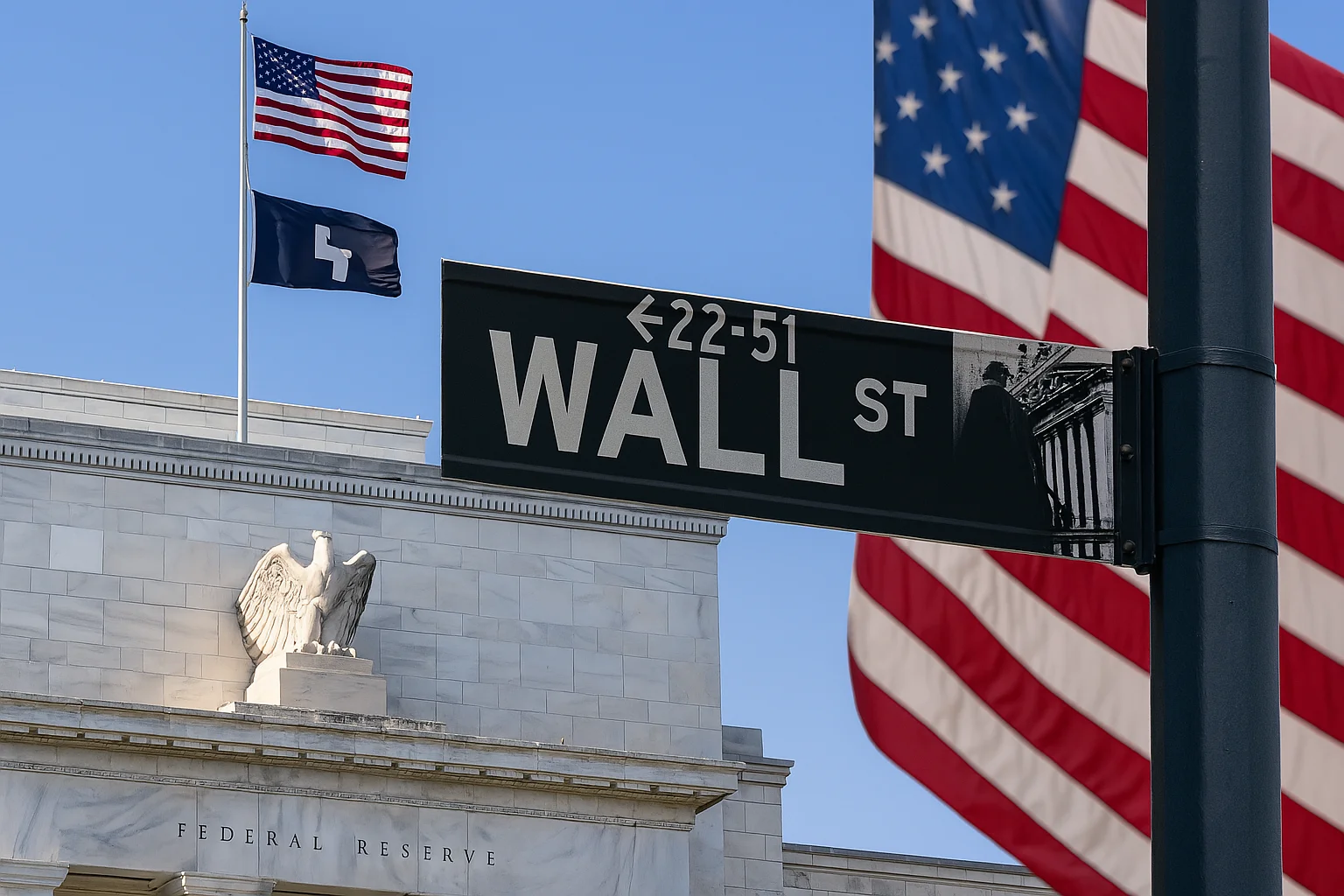Traditional finance isn’t just dipping its toes into blockchain — it’s diving headfirst. A new joint study by Ripple, CB Insights, and the UK Centre for Blockchain Technologies reveals that some of the world’s largest banks have quietly become some of the biggest backers of blockchain innovation.
Between 2020 and 2024, global banks participated in 345 separate funding rounds for blockchain-focused companies, with the majority targeting early-stage ventures. Citigroup and Goldman Sachs topped the leaderboard with 18 deals each, followed closely by JPMorgan Chase and Japan’s Mitsubishi UFJ Financial Group at 15 investments apiece.
High-value rounds — those worth $100 million or more — proved especially popular. Over the four-year period, banks took part in 33 such “mega-rounds,” channeling funds toward projects in trading infrastructure, tokenization, custody services, and payments.
Among the standouts was Brazil’s CloudWalk, which secured more than $750 million in two separate rounds, with backing from Banco Itaú among others. In Germany, Solaris attracted over $100 million from SBI Group before becoming the target of a majority acquisition.
Global Systemically Important Banks (G-SIBs), whose financial influence is so vast that their collapse could trigger worldwide instability, accounted for 106 deals — 14 of them mega-rounds worth at least nine figures.
While US and Japanese banks led in deal volume, Singapore, France, and the UK were also well-represented. All told, blockchain startups raised over $100 billion from more than 10,000 deals worldwide during the period.
Ripple’s own survey of 1,800 finance executives underscored the enthusiasm, with 90% predicting that blockchain and digital assets will transform the industry within just three years.
Much of this momentum is tied to regulatory clarity. In the US, the newly enacted GENIUS Act is setting national standards for stablecoins, while Europe’s Markets in Crypto-Assets (MiCA) framework is doing the same for the EU.
Stablecoins, in particular, are becoming a hotbed of bank-led innovation. Citi estimates that monthly transaction volumes hit $650-$700 billion in Q1 2025, prompting more institutions to develop their own versions of programmable money without the volatility of traditional crypto assets.
But the bigger wave may still be coming. Ripple and Boston Consulting Group forecast that tokenized real-world assets could explode to over $18 trillion in value by 2033 — growing at a staggering 53% annual rate. For banks, that’s not just a new market — it’s the next era of financial infrastructure.


